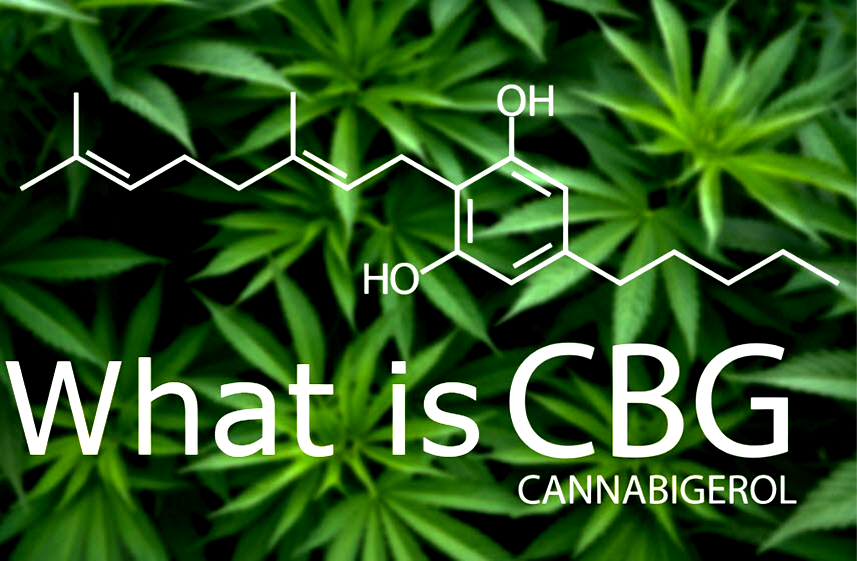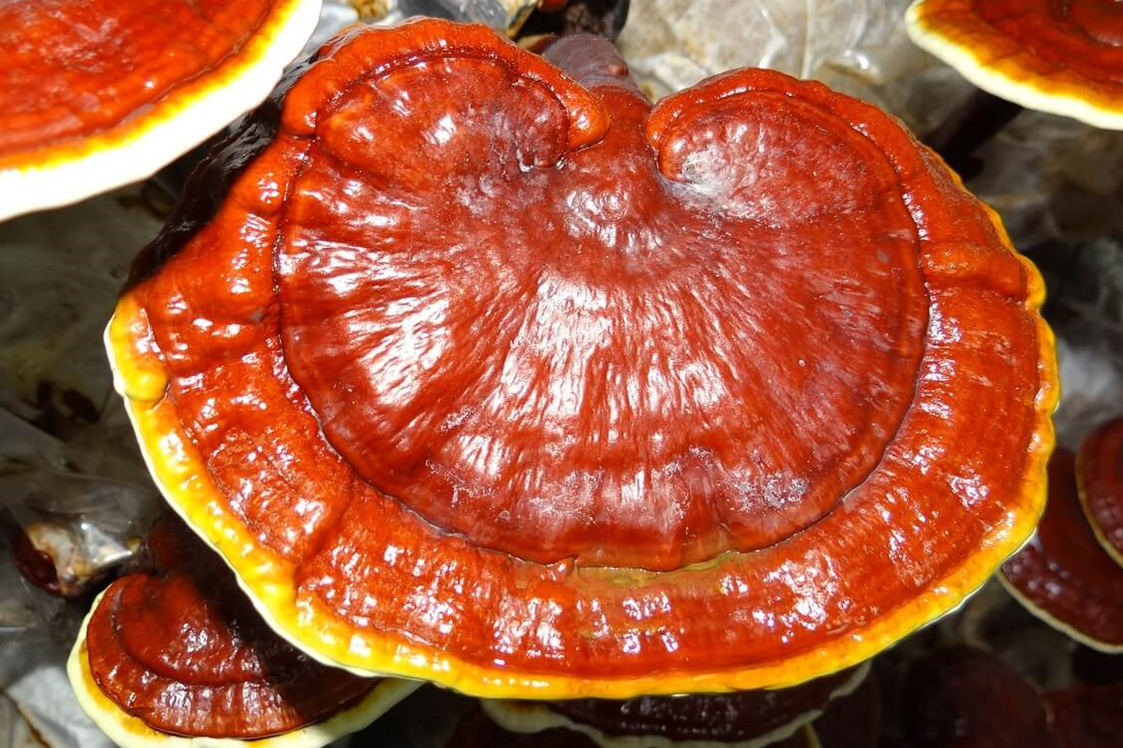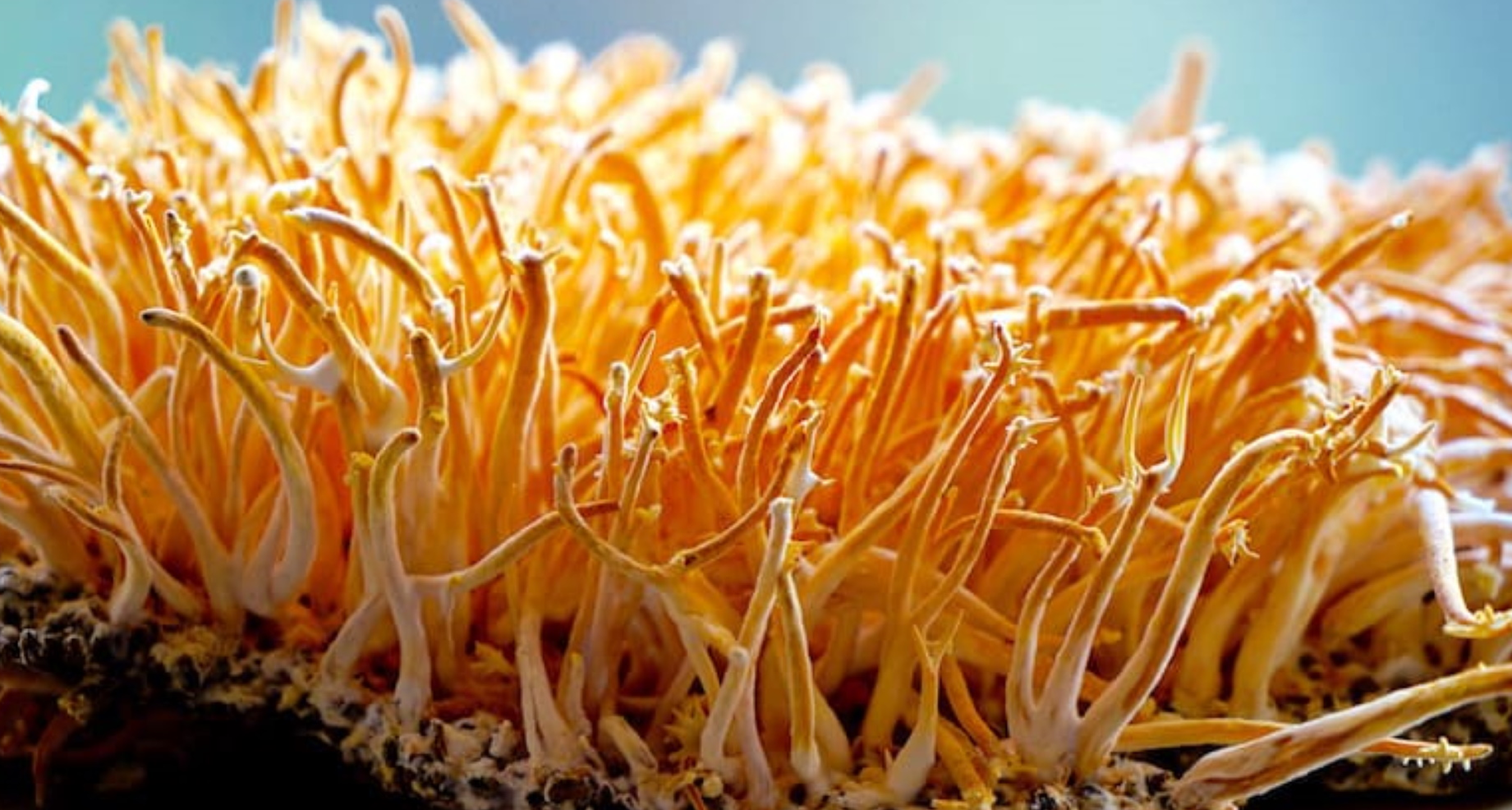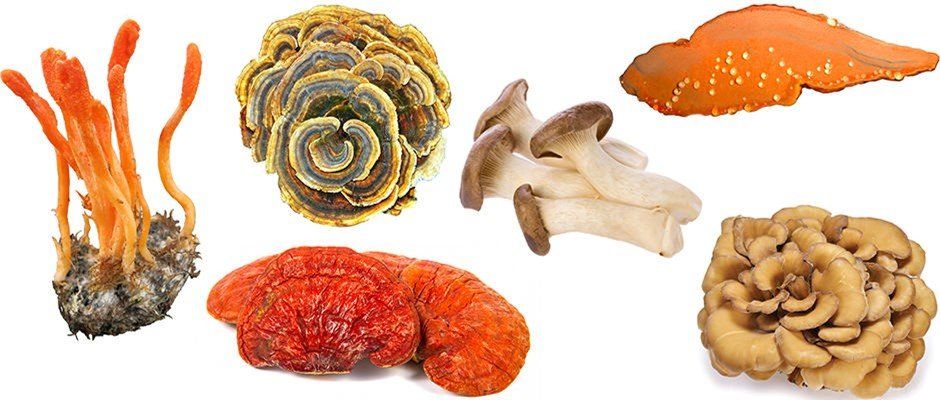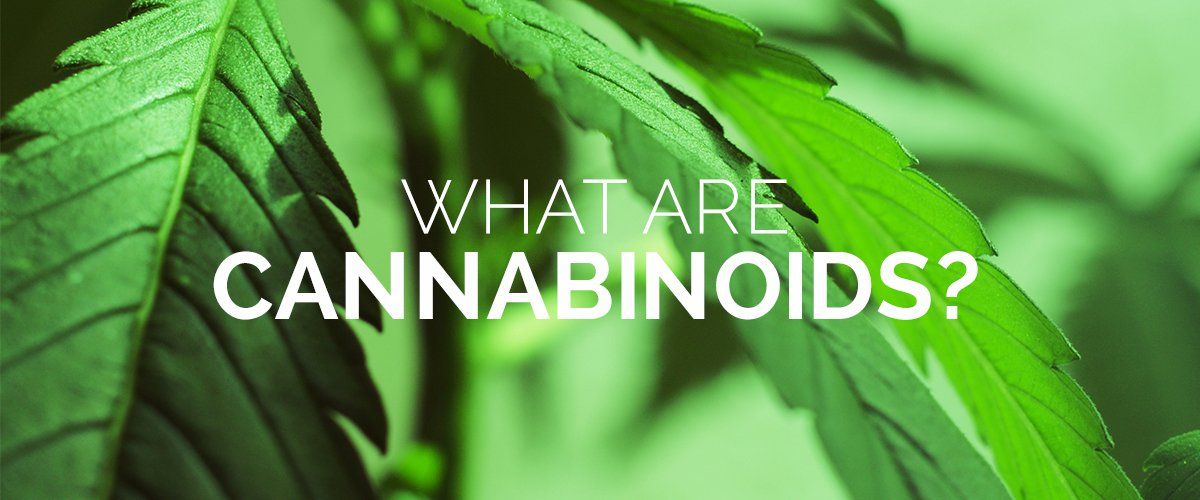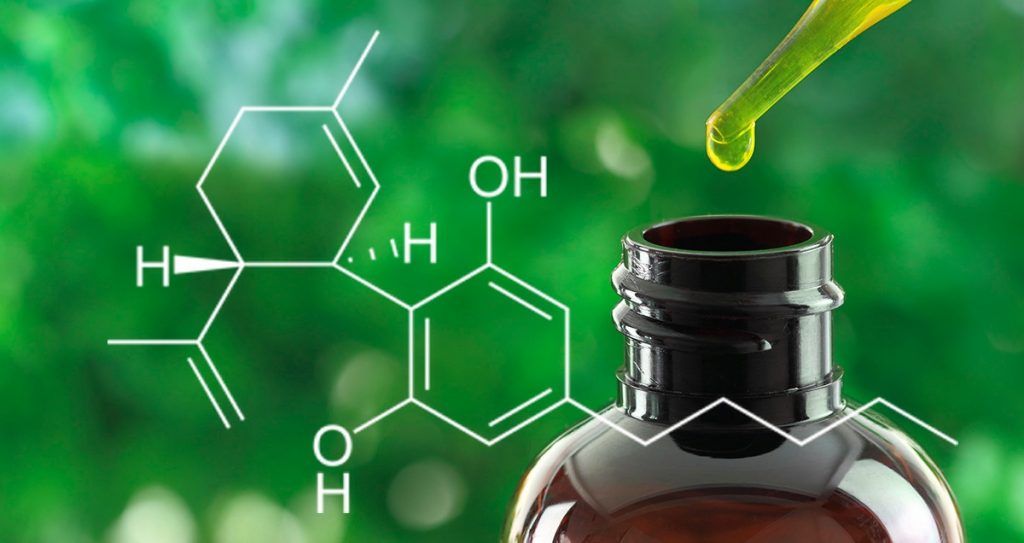CBD & Thyroid Health
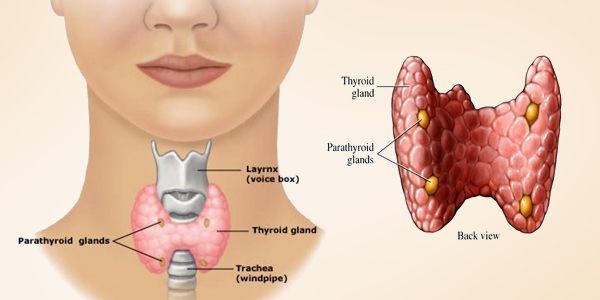
January is Thyroid Awareness Month, so seeing as how this post is going up in January (2018), it's a great time for me to talk to you a little about CBD for thyroid disorder.
What is my thyroid and what does it do?
The thyroid is an endocrine gland that secretes hormones that affect every single cell, tissue, and organ in the body. It wraps around the front of the windpipe towards the base of the neck. It helps your body maintain and regulate bodily functions like metabolism, heart rate, internal body temperature and emotional response. It has always been known that the thyroid is in constant communication with the brain to help regulate homeostasis, however, recently connections have been made between the thyroids communication with the brain and the ECS (Endocannabinoid System). This suggests that the ECS may have a direct influence on efficient thyroid hormone release and ultimately overall homeostatic health. One
study in 2009 found that our CB1 receptor directly influences the neuro activity that controls the thyroid.
Hyperthyroidism: This condition is marked by an overactive thyroid gland producing too much of the hormone thyroid. Hyperthyroidism can accelerate your body's metabolism, causing unintentional weight loss as well as rapid heart beat.
Some symptoms of Hyperthyroidism include: unintentional weight loss(even when your food intake remains the same or even increases), rapid or irregular heartbeat, increased appetite, increased sensitivity to heat, anxiety, fatigue, thinning of the skin, brittle hair/hair loss.
Hypothyroidism: This condition is marked by an under active thyroid gland that is not producing enough of crucial hormones needed for thyroid health. The signs and symptoms vary depending on the severity of the deficiency. Issues tend to develop slowly over time making it more difficult to diagnose. Many people attribute the changes of Hypothyroidism to getting older because the changes can be so subtle over a long period of time.
Some of the symptoms of Hypothyroidism include: weight gain, fatigue, sensitivity to cold, facial edema, hoarseness, elevated blood cholesterol, depression, enlarged thyroid gland (goiter)
Can CBD help?
The thyroid releases hormones that control, brain development, growth, metabolism, etc. thus a thyroid out of balance can be catastrophic to the body. There is such a wide variety of thyroid disorders with a massive array of physiological and emotional symptoms. It can be very difficult to pinpoint what pharmaceutical measures need to be taken to induce positive changes.This is why CBD has been adopted as a viable treatment option for thyroid disorders. CBD acts on the ECS (Endocannabinoid System) to regulate internal homeostasis on a whole body level as opposed to the isolated chemical pathways employed by pharmaceutical medications. CBD also carries no side effects as seen with prescription medications.
The CB1 receptor is most predominant in thyroid and adrenal glands. Certain endocannabinoids as well as phytocannabinoids (such as CBD and THC) dials up the release of certain biochemicals that do many amazing things for our bodies such as:
- Reduces depression
- Helps induce sleep
- Reduces anxiety
- Lowers blood pressure
- Lowers inflammation
- Alleviates PTSD symptoms
There have been no formal studies done as yet on exact dosing and it can be a trial and error process to find your therapeutic dose. Many people report that they manage their symptoms well using between 30mg and 50mg per day, however it's best to start low and work your way up to find your "sweet spot"


